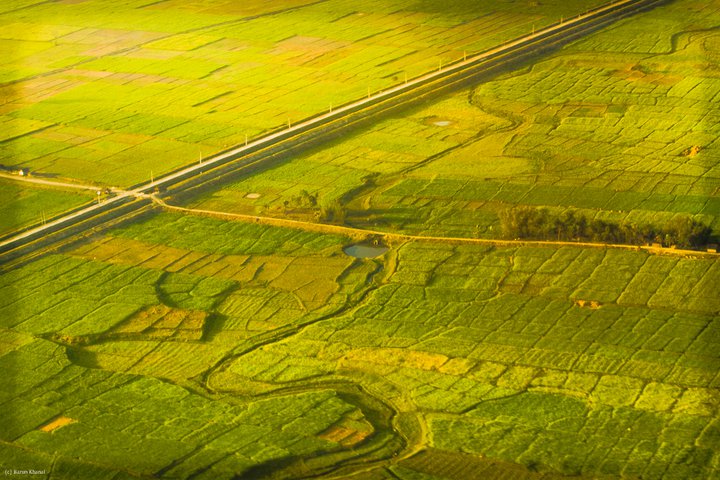KATHMANDU: “Natural disasters and health emergencies are almost annual events in Nepal and represent a significant financial shock to the mountainous land-locked country, as we have witnessed in the recent past,” says Faris Hadad-Zervos, World Bank’s country manager for Nepal.
Nepal has signed a US$50 million on 27 Marchfinancing deal to enhance the Nepal government’s capacity to manage risks from climate change and natural disasters.
Disaster-prone Nepal’s southernmost lowland parts, widely known as Terai, linked with India’s border, are less resilient to natural disasters than the sparsely-populated hilly and mountain areas, says a new study.
Published in Environmental Research and Public Health, the study is the first to assess community-scale disaster resilience across Nepal, whose densely populated lowlands represent some 17 percent of the total land area but are inhabited by about 48 percent of a population of 29 million people.
Sanam Aksha, lead author and researcher at the University of Central Florida‘s School of Public Administration and National Center for Integrated Coastal Research tells SciDev.Net that while the lowlands are known as the country’s ‘grain basket’ for its high agricultural productivity, their lower disaster resilience reduces overall ability to sustain food supplies and hunger and malnutrition eradication.
The lowlands suffer from being more densely populated, having higher population growth rates and haphazard migration and encroachment into marginal lands, says Aksha. She adds that there’s a lack of disaster-resilient public infrastructure, weak building constructions, aging water and sanitation systems. Deforestation for agricultural activities on the lowland slopes have added to vulnerability.
Nepal is frequently hit by hazardous events. In 2015, a 7.8 magnitude of earthquake took about 9,000 lives and damaged over two million houses and critical infrastructures such as hospitals, roads, and bridges.
Monsoonal floods, landslides, land erosion and forest fires, cloudbursts and hailstorm events are regular events that impede economic activities.
Guided by the Disaster Resilience of Place model, the study selected 22 variables as indicators of social, economic, community, infrastructure, and environmental resilience to build a geospatial and visual depiction of community disaster resilience across Nepal.
The study can help decision-makers allocate scarce resources to increase resilience at the local level in the lowlands and achieve food security goals, says Aksha.
“Measuring a community’s degree of resilience is a key starting point for framing strategies and taking actions toward the effective implementation of disaster risk reduction (DRR) programs and policies that will help build community disaster resilience.”
Hadad-Zervos says the findings of the study are valuable given that Nepal’s community-level disaster resilience remains feeble for want of disaster mitigation capabilities due to inadequate official focus and investment in DRR programs, including for disaster-proof physical planning, public infrastructure, housing, water and sanitation networks, livelihood protection, health, and education.
The situation has become grim due to lack of DRR technical training at the grassroots level for communities and local government officials, says Hadad-Zervos.
“However, the study findings can prove instrumental for government authorities to roll out DRR programs customized in a way suitable to the village community needs by applying efforts and resources toward building resilient communities.”
(with inputs from Agencies)









Comment